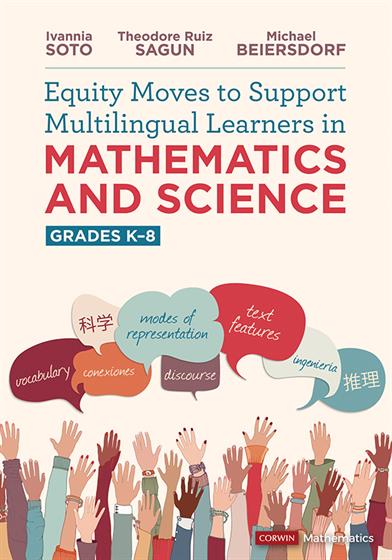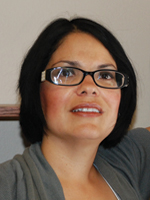Hands-on, Practical Guidance for Educators
From math,
literacy, equity, multilingual learners, and SEL, to assessment, school counseling,
and education leadership, our books are research-based and authored by experts
on topics most relevant to what educators are facing today.

Equity Moves to Support Multilingual Learners in Mathematics and Science, Grades K-8
With an assets-based approach, this provides a framework teachers can use to develop equity-centered, scaffolded math, science, or STEAM lessons for multilingual learners.
Product Details
- Grade Level: K-8
- ISBN: 9781071873601
- Published By: Corwin
- Series: Corwin Mathematics Series
- Year: 2023
- Page Count: 232
- Publication date: January 09, 2023
Review Copies
Review copies may be requested by individuals planning to purchase 10 or more copies for a team or considering a book for adoption in a higher ed course. Request review copy




